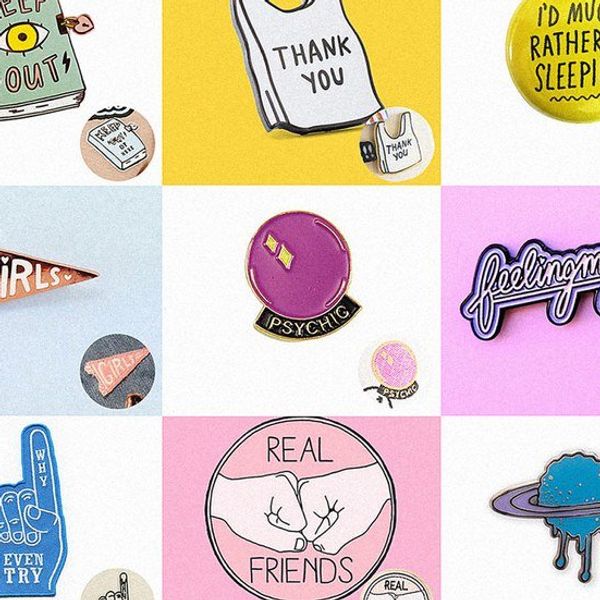The fashion industry extends across the entirety of globe: through the neighborhood malls, to the runway shows of Paris, and even into small fashion-cultivating communities in Peru. This industry grosses over $1.3 trillion revenue and is responsible for employing over four million people. It is an industry consumers utilize on a daily basis, which is part of a larger problem. The rise of "Fast Fashion" has taken over the marketplace. "Fast Fashion" is essentially runway wear created and sold immediately to cheap, low-quality retail stores. Most consumers do not even know that stores like H&M, Forever 21, Zara and more are "Fast Fashion" empires that are not only overrunning the marketplace, but the environment as well.
"Fast Fashion" is the second-leading cause for pollution behind oil and gas companies. How could something as beautiful as fashion have such a converse outcome? The answer to that is sustainability. "Fast Fashion" involves mass production of trendy fashion. Just producing the goods uses gallons upon gallons of water to dye simple cotton and synthetic fabric. When goods are dyed outside of the United States, typically in developing nations, the dye of the fabric seeps into the nearby water stream, which is commonly limited in these areas. The water contamination impacts citizens' health along with the production of food in the county.
The cotton that is being dyed is almost never true organic cotton. Rather, the cotton field that is used to produce fabric is mass-sprayed with pesticides. While this does not impact the quality of one's clothing, it does impact the farming communities. Pesticides in Punjab, India are causing a raise in health defects among children. Many farmers want to switch to producing only organic cotton, but they are in debt to their buyers. The struggle between cotton suppliers and buyers has led to a high suicide rate among Indian cotton farmers.
Once production of good is completed, the clothing is then sent to Brick and Mortar locations along with stockrooms for online sales. Because "Fast Fashion" focuses on trendy goods, some of the clothing will not reach its full selling potential. After some time on the sales rack, the clothes will be trashed or burned. Even the clothes that do sell will likely not remain in one's closet for long, as quality is significantly low. This leads to more trashing and burning of clothing. Since the clothing is made out of synthetic fabrics, the fabric melts into a plastic, releasing toxins into the region and causing both pollution and a health concerns.
The challenge for the coming decade of fashion is going to be the mass destruction that "Fast Fashion" causes. With an uneducated marketplace that wants more clothing for the less money, the empires of the industry are likely to grow. If we do not become sustainable creators and shoppers, we will be living in a world of pollution and polyester.
Educate yourself, and watch the "The True Cost" (available on Netflix).





















